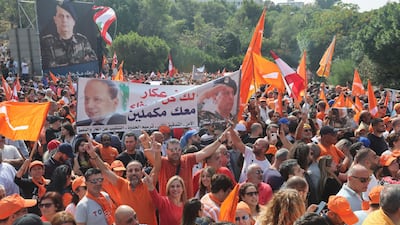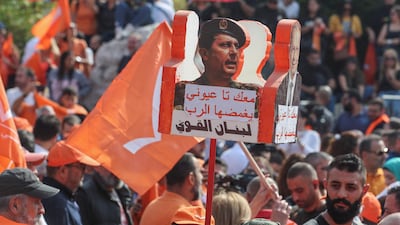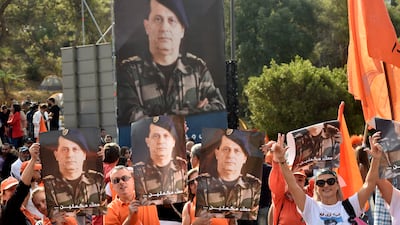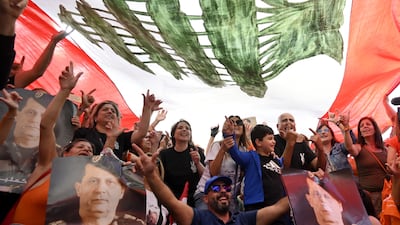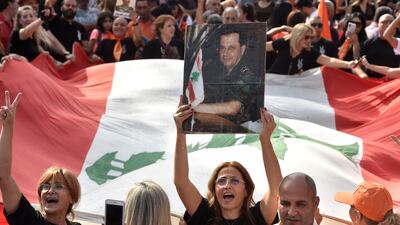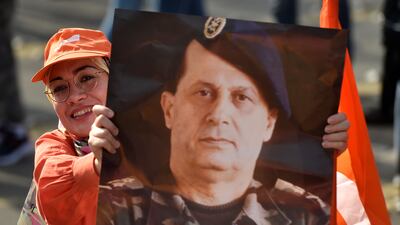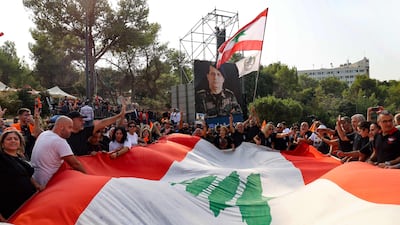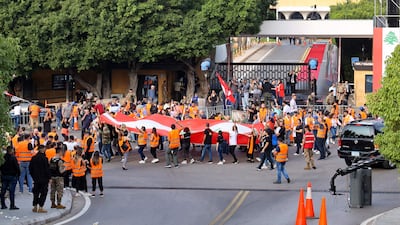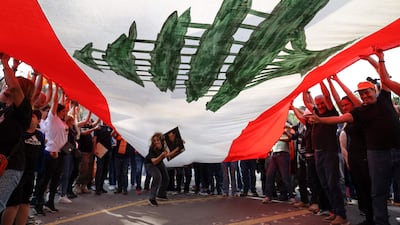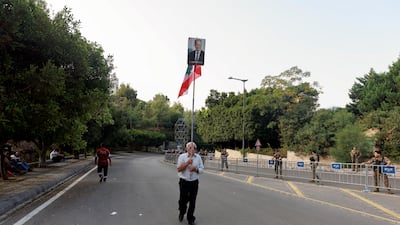Qatari Prime Minister and Minister of Foreign Affairs Sheikh Mohammed bin Abdulrahman bin Jassim Al Thani has been in Lebanon on an unannounced visit as part of an international effort to end the country's 15-month presidential vacuum. The exact dates of the visit were not clear.
No public mention of the trip was made by the two countries, nor were there any statements by Lebanese politicians. However, a political source played down the significance of the visit being unannounced, noting that not all trips by international envoys are made public.
Qatar is part of a powerful five-country group – the others being the US, France, Saudi Arabia and Egypt – that has explored efforts to end the impasse that has existed since Michel Aoun departed the presidential palace in Baabda at the end of October 2022.
And while many Lebanese political figures have expressed their gratitude for the initiative and the regular visits by the various envoys – whether announced or unannounced – a limited sense of optimism remains among those The National spoke to. Some also argue that a solution must come from within the country, rather than from outside it.
Despite 12 sessions, the deeply divided 128-seat parliament, where no faction holds a majority, has failed to come closer to electing Mr Aoun's successor. In Lebanon's unique confessional system, the position of president is reserved for a Maronite Christian, the prime minister a Sunni Muslim, and the speaker of parliament a Shiite Muslim.
At a meeting last summer in Doha, the five countries said they had discussed “concrete options with respect to implementing measures against those who are blocking progress”.
When the war on Gaza broke out on October 7, last year and spread to Lebanon's southern border, talk of the Lebanese presidential vacuum no longer made local headlines.
Later in December, when French envoy Jean-Yves Le Drian visited Beirut, the impetus appeared to be renewed even as the cross-border conflict between Lebanese armed group Hezbollah and Israel – which has largely been contained to south Lebanon – has continued to expand in its intensity.
Mr Le Drian, a former French foreign minister who was appointed as President Emmanuel Macron's envoy last summer, is expected to visit Lebanon again in early February.
During his November visit he for the first time floated the idea of finding a new candidate who had not received significant backing in previous polls.
Powerful Shiite group Hezbollah and its ally the Amal Movement have refused to budge from backing Suleiman Frangieh, the scion of a powerful Maronite family from north Lebanon and a close friend of Syria's Bashar Al Assad.
A bloc of MPs, comprised of about a third of parliament, backed MP Michel Moawad in the first 11 sessions, before supporting International Monetary Fund official Jihad Azour when the last poll was held last summer. It is widely accepted that neither man now has a chance to succeed Mr Aoun.
One name that continues to come up is the commander of the Lebanese Armed Forces, Gen Joseph Aoun, who is not related to the former president. However, some influential opposition to him remains, particularly from the Free Patriotic Movement – the party founded by Mr Aoun, the former president.
In the event of a presidential vacuum, the Council of Ministers takes on the powers of head of state. But the cabinet is in a caretaker status and its powers are therefore severely curtailed.


